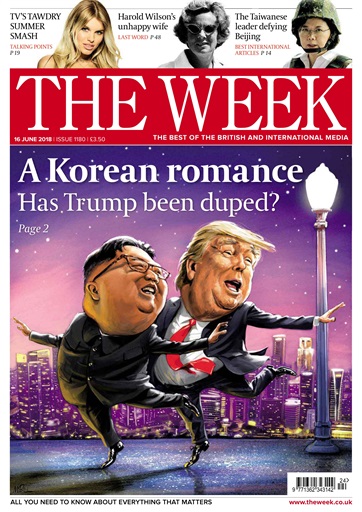
The New York Stock Exchange itself launched a collection of NFTs to commemorate landmark IPOs, and the New York Times newspaper turned one of its columns into an NFT. Artist Beeple sold his image collage artwork called Everydays: the First 5000 Days on NFT for $69.3 million at Christie’s, with it making the ranking of the most expensive artworks by a living artist ever sold.

The famous Nyan Cat art, known as the flying kitten meme, was sold as an NFT for ETH 300, today the equivalent of over $700,000. Jack Dorsey, CEO of Twitter, sold his first tweet as an NFT for $2.9 million. Artist WhIsBe sold a 16-second animation of a golden bear in NFT form for $1 million on Nifty Gateway. Several artists, influencers, and investors have taken the opportunity to create works in NFT format recently, reaching staggering figures. they can be replaced by other currencies of identical value, NFTs are like “non-fungible crypto-art”, i.e. However, while cryptocurrencies are fungible, i.e. In summary, NFTs or non-fungible tokens are like digital authenticity seals or digital certificates, which emerged with blockchain technology - the same technology used by cryptocurrencies - generating a digital technical scarcity.
#Who owns the week magazine series#
The IP law or copyright law is an important legal abstraction that comprises a series of rights related to the creations of the human intellect, copyrights, and their protection through rules that ensure the protection of, for example, trademarks, proprietary copyrights, patents of invention, and geographical indications, among others. However, a new technology, known as NFT (non-fungible token), intends to solve this problem by registering the origin of digital artworks with the guarantee of blockchain technology.Īpril 26 is World Intellectual Property (IP Rights) Day.

In the digital art world, this practice has become commonplace, since it is so easy to reproduce a drawing, a photo, music, a painting, a game, among other creations produced digitally or digitalized from the physical medium. We are facing the challenge of differentiating what is original from what is a copy or plagiarism. The emerging crypto-art market is reinventing the way in which unique works of art can be marketed.


 0 kommentar(er)
0 kommentar(er)
